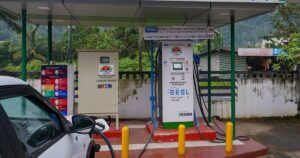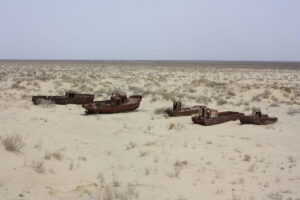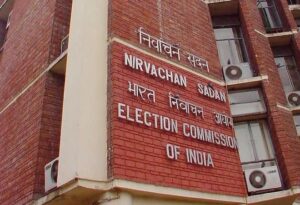When We Send Them Back
(Last week, the Tamil Nadu government deported 3 Japanese tourists who were part of the anti-nuclear movement in their country. Akhil Katyal remembers a similar deportation earlier this year and asks if we can learn something about nuclear power from the countries whose citizens we are sending back- Pratirodh Bureau)
In February earlier this year when the Tamil Nadu police first detained and then deported a German national because of his alleged ‘links’ to the anti-nuclear protests at Koodankulam, it should have merited at least a side glance at Germany’s own history with the question of nuclear energy.
Poor Sonnteg Reiner Hermann, 49, had aroused the suspicions of our police because he stayed at one of the‘lesser known lodges’ in Nagercoil city in Tamil Nadu. Pity he did not arouse our interest in his country’s bold policies with regards to nuclear power.
The Fukushima nuclear disaster in Japan happened on 11thMarch, 2011. An earthquake and a 15-meter tsunami cracked open the vulnerabilities of a nuclear plant, leading to multiple equipment failure, meltdown and release of radioactive material. Seeing the helplessness of Japan in this crisis, the German people were quick to learn. By the end of May that year, their pressure had already made the Bundestag decide to completely phase-out its reliance on nuclear energy. By 2022, it resolved that all its plants would be put to sleep and the country’s energy grids would be nuclear-free.
Germany has an old and robust people’s movement against nuclear energy. The very day after Fukushima, 60,000 Germans protested against nuclear energy forming a 45-km human chain from Stuttgart to the Neckarwestheim power plant. By the end of the same month, a quarter of a million Germans marched against nuclear energy in Berlin, Hamburg, Cologne and Munich.Chancellor Merkel’s cabinet finally responded to this public opinion that had been evolving ever since 1975 when the tiny community of farmers and priests in the village Whyl, lying near the wine-growing area Kaiserstuhl, resisted the government plans and police force to set up a nuclear plant locally. After the Chernobyl disaster in Prypiat (now Ukraine) in 1986, whose radioactive cloud covered large parts of Germany, the no-nuclear resolve only strengthened.
By 2012, Germany has already laid out a different blue-print for energy. It spearheads a movement among many other governments towards a far greater reliance on renewables. Even Japan, a heavily industrialized economy like Germany, has mooted going no-nuclear by 2040 and if this were to happen, it would be learning as much from its own experience as from Germany\\\’s example.Angela Merkel made it clear that ‘as the first big industrialized nation’, Germany is going to achieve ‘such a transformation’ by investing in more research on renewables to make them more extensive, more cheap (they are already cheaper than nuclear plants), by expanding its on and off-shore wind-mill fields and by carpeting larger areas with photo-voltaic plates for tapping solar power. This idea has already bred results. From a mere 6.3% in the year 2000, renewables now account for more than 25% of Germany’s energy needs making it the world’s first major renewable energy economy.
Which is all a roundabout way of asking that when the Indians interrogated that German man on his Koodankulam links, did they know that we could take a leaf from the German commonsense on nuclear power? Did they wonder why we are so ready to consume technologies that his country is abandoning to its trashcans? When they deported him, did they know that they were sending him to a safer place? Finally, did they acknowledge that where the Bundestag stopped, the villagers in Koodankulam take one step further asking not only for ‘safe’ energy but one which respects the idea of the commons – the idea that land, coastlines and the sea, and everything they produce, will be determined by and belong to everyone, not only the controlling nuclear lobbies? Did they send the \\\’foriegn hand\\\’ back with this homegrown idea?
(thanks to Amitava Kumar, Inayat Sabhikhi and Anusha Hariharan)





